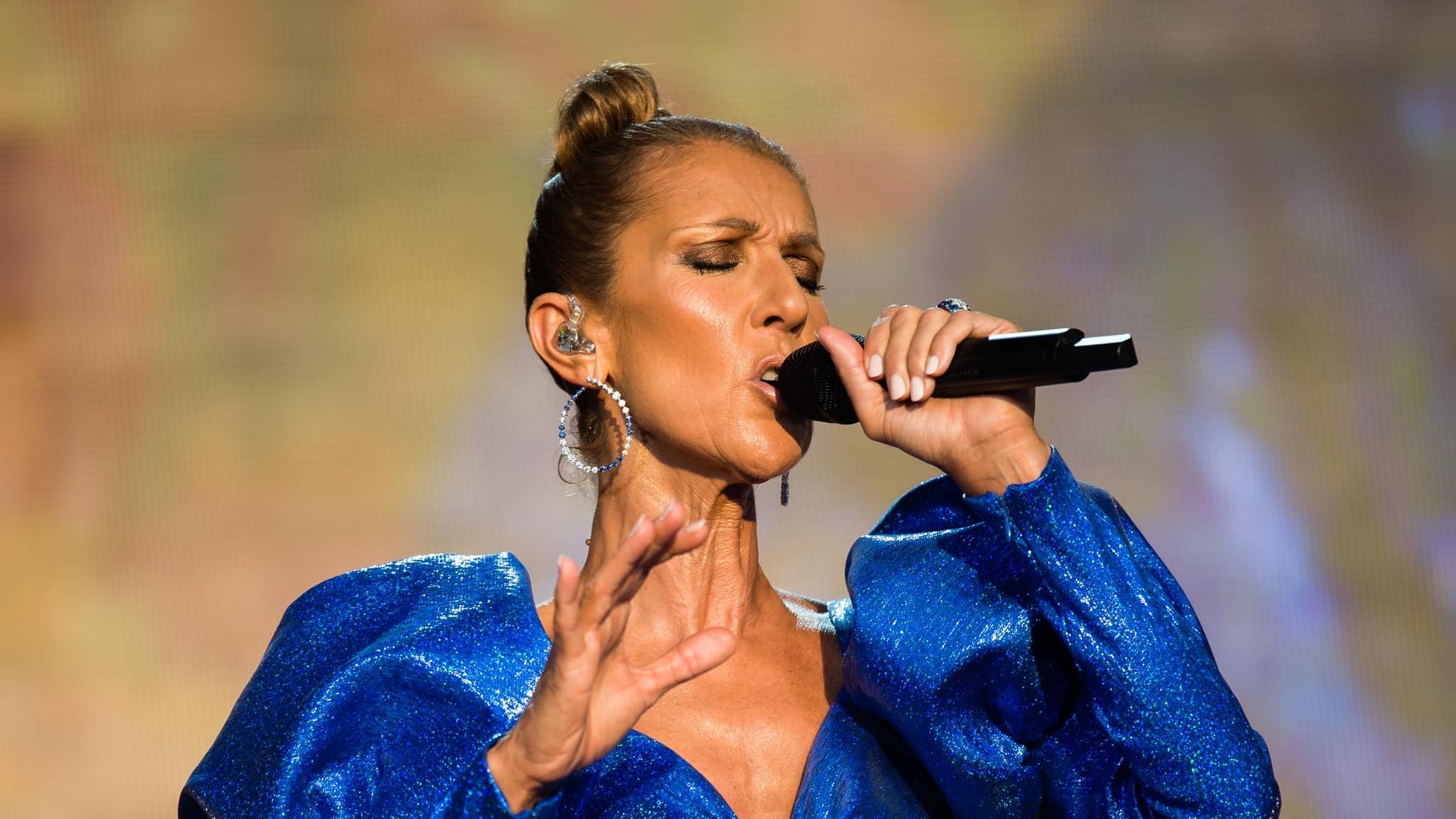How Celine Dion Landed The Song My Heart Will Go On For Titanic
In January, Rolling Stones released a list of the 200 Greatest Singers of All Time. Celine Dion's name was not on the list. A few days later, protesters gathered outside the Magazine's office to protest her exclusion.
See, I understand the frustration of the protesters. Celine Dion, the French-Canadian songstress, is one of the best in the business.
In 1996 three things happened that remain stenciled in my head: England lost on penalties to Germany in Euro Cup Final. Michael Johnson obliterated the 200M and 400M world records at the Olympics in America. Before Michael Johnson's sensational run, Celine Dion had sung at the Olympics Opening ceremony, giving the world the song Power of the Dream.
That song became an international hit, and kids from Kaduna, Nigeria, to Baricho, Kenya, could dare to dream.
In 1991, James Horner, one of the most respected movie soundtrack specialists, wanted to work with Celine Dion for Feival Goes West. Horner had written the song "Dreams To Dream" for the film and wanted Dion to breathe life into it. However, the song went to Linda Ronstadt, considered a giant star.
If you know Celine Dion, the song that comes to mind is My Heart Will Go On. So let me tell you the background to this song.
When James Cameron started working on the movie Titanic, he tapped Horner to do his magic with the soundtrack. Cameron did not want a song, he envisioned an instrumental arrangement. Cameron was working with a limited budget because he had already spent more than the budget for the movie's production. In his mind, an instrumental score would be cheaper than hiring a vocal artist.
Horner composed the melody. He is one of the best in the business, anyway. Horner was convinced that the tune would improve if transformed into a song. He knew a man who could help put his dream into reality. He reached out to Will Jennings.
You remember Will Jennings from my previous post where I wrote about the making the song We Are The World. He is the musician who walked out while others argued about including the Kiswahili language in the music. While leaving, he said 'No old boy sing no Swahili."
When it comes to the art of writing music, Will Jennings is among the best.
In an interview with Rolling Stone, Jennings described his inspiration for My Heart Will Go on. Let us hear it in his own words:
"Horner told me the script's story and then played me the theme he had written for the film. Looking back over all those years, the character Rose caught my imagination. I connected her with a 100-plus-year-old woman, still working, still vital, Beatrice Wood, whom I had met a few years before in Ojai, California. Wood had been an artist in New York before World War I, lived and worked in France, and wound up in California and finally in Ojai, working as a fine arts potter.
My wife and I happened to be in Ojai when the premiere of a film called Mama of Dada, a documentary about Wood's life, was shown; we went to see it, and Ms. Wood herself showed up, very much alive and lively, 101-plus, and talked about the film before it showed. When she shook my hand, I felt vitality and life force - it was like nothing in my life before or since. From this feeling, I wrote the lyric for 'My Heart Will Go On."
Relationships you create matter. Jennings delivered his part. There was one missing link- the musician- to do the melody and the lyrics justice.
Horner had previously worked with Celine Dion, and it was not strange she was his first choice. He called her.
Horner and Dion met to discuss the project. Celine Dion was not impressed when he played the melody on the piano, and refused to be part of the project.
In an interview with CBS, while reflecting on that project, the "That is the Way It Is" hit star said:
It didn't appeal to me. I was very tired that day. I don't know, very tired.
Celine Dion's husband Rene had the presence of mind to know his wife was about to make a monumental mistake. He told her to sleep over it and discuss the project the next day. He asked her to at least record a demo of the song.
Rene called Horner and told his team to prepare for a demo recording. Rene had managed to convince his wife. It was a demo, after all. They were going to do it.
Horner and his team put together an orchestra. Celine took the microphone and knocked the song out of the park. So good was the demo that according to Los Angeles Times, the demo is the actual recording Celine did for the soundtrack. First try, and the rest is history.
Isitoshe,
There was another challenge in waiting. James Cameron had yet to be told about the change of plan, that Horner was working with a musician. Remember, Cameron wanted an instrumental score!
In an interview with Forbes, Horner said he carried the tape with the demo in his pocket for four weeks, waiting for the right moment to get it to Cameron. He wanted to catch him when he was in a good mood. When he finally did, upon hearing the track with Dion's voice, Cameron agreed to the song straight away.
With My Heart Will Go On, Celine Dion went on to win an Oscar and the Golden Globe for 'Best Original Song' and four Grammy Awards in 1998
